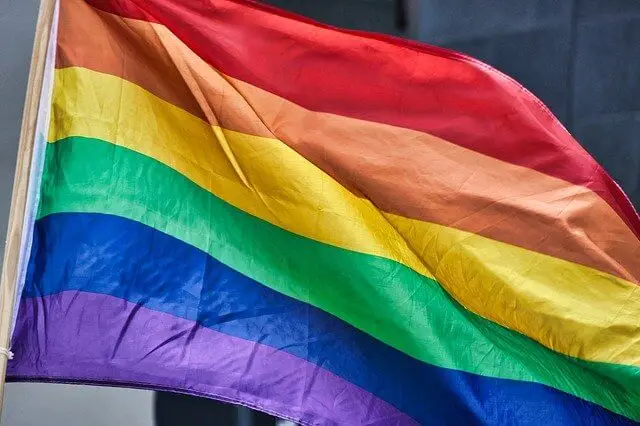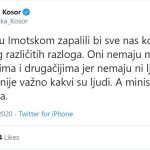Before we can delve into the subject of LGBTQ rights, I should probably define this acronym as the terminology changes quickly and is often a source of confusion. LGBTQ stands for lesbian, gay, bisexual, transgender, and queer. It is a blanket term that does not cover all of the diversity within human sexuality and gender identity but serves as a helpful tool when discussing issues concerning people who do not fall into certain societal norms.
Now that we’ve gotten that out of the way, let’s dive into the historical context. As in many countries, the history around LGBTQ communities in Croatia is complex and far-reaching. Under the Socialist Federal Republic of Yugoslavia, male homosexual acts were classified as a criminal offence and homosexuals were heavily repressed by the state. This directive lasted until 1977, when Croatia adopted its own penal code, aligning its laws to reflect the position of the Croatian Medical Chamber, which had removed homosexuality from its list of mental disorders four years prior. Since then, conditions for LGBTQ people in Croatia have slowly albeit tremulously improved.
Croatian politicians have passed several laws that expanded the LGBTQ community’s rights, often adopting more progressive policies compared to their regional counterparts. The age of consent was equalized in 1998, followed by anti-discrimination protection laws in 2003, which protect against discrimination based on gender, gender identity, or sexual orientation. The next major milestone came in 2014 with the Life Partnerships Act, granting same-sex couples most of the rights enjoyed by heterosexual couples, excluding the ability to adopt children. This exception was overturned in a 2021 administrative court verdict stating that homosexual couples must not face discrimination during the adoption process. Additionally, gender transition is legal without the requirement for surgical intervention.
Despite the progress we have witnessed over the past several decades, there remains a long road ahead for local advocates. Same-sex marriage has been constitutionally banned since 2013, the result of a widely debated referendum which was actively supported by conservative political parties and the Catholic Church. Reservations towards persons of differing sexual and gender identities are still strong, running deep amongst the nation’s predominantly Catholic population. Croatia is touted as one of Europe’s safest destinations, yet violence against sexual minorities is still not uncommon. As recently as 2020, residents of the Dalmatian town of Imotski burned an effigy of a gay couple in parade held as part of a traditional carnival. It is no surprise then that a 2019 Eurobarometer report indicated that only 44% of poled Croatians thought that gays, lesbians, and bisexuals should enjoy the same rights as heterosexual people.
Croatia sits in a unique position within Southeastern Europe regarding the rights of sexual and gender minorities. On the one hand, Croatia’s LGBTQ laws are some of the most progressive in the region, even surpassing western neighbour Italy in some respects. But on the other, Croatian society still appears to feel unready to embrace new identities that conflict with its more traditional social values. Some may point towards Croatia’s heritage as a Catholic nation. However, while I am sure faith plays a role, I suspect the sentiments extend beyond religion. Spain and Portugal are nations with strong ties to the Vatican, yet they score very highly on indices measuring LGBTQ rights and social protections. Rationale aside, if further progress is to be made on this issue, it will require equal support from society and government alike.
Going forward, Croatian leadership must remain vigilant not to fall into the trends that currently prevail in the region. In a time when there’s increasing temptation for political figures to weaponize diversity to gain public favour, we have a collective responsibility to self-educate and approach new ideas with a spirit of tolerance and respect. That said, while substantial work lies ahead for Croatia in the field of social justice, critics should not disregard the headway the country has already achieved. Croatia has made a remarkably rapid recovery after decades under the hand of a devastating regime. The simple fact is that social change takes time. As long as Croatia maintains its trajectory towards European integration while staving off harmful government fearmongering, I am optimistic about the future of LGBTQ rights on this side of the Adriatic.
For more, check out our lifestyle section.











